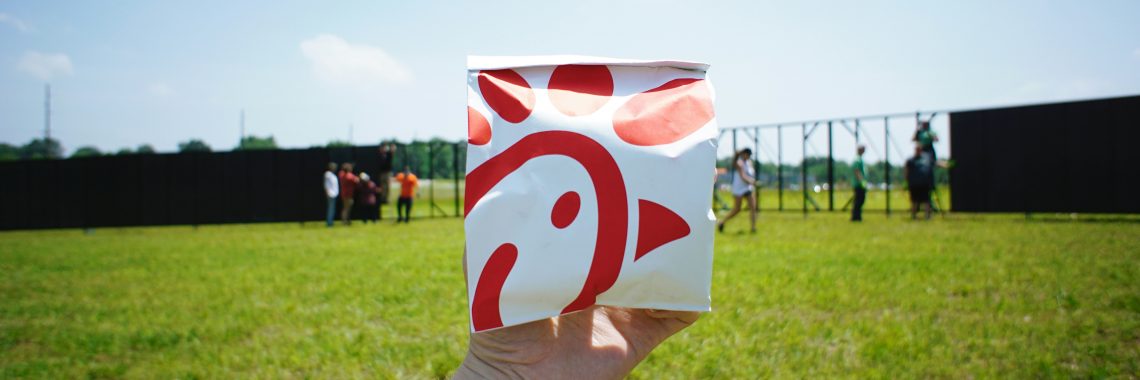Home Schoolers Express Concern Over Proposal to Prohibit EFA Spending on Team Sports

The Arkansas Department of Education has proposed new rules governing the LEARNS Act’s Educational Freedom Account program.
Family Council and its home school division, the Education Alliance, are encouraging home schoolers to review these proposed rules and submit any comments on the rules to the Department. The rules are available at https://adecm.ade.arkansas.gov/Attachments/6CARpt.35-_EFA_Program_-_Public_Comment_Draft_164210.pdf.
Several home schoolers have expressed concerns about new prohibitions on EFA funding for team sports in these rules.
These provisions can be located on page 5 under the definition of “Extracurricular activity.”
The language in the rules makes it clear that registration fees, equipment, dues, and any costs associated with club and team sports cannot be paid for with EFA funding.
Under Act 920 of 2025, state law restricts EFA spending on sports and other extracurricular activities to 25% of a student’s annual EFA funding. The proposed rules would go beyond state law by prohibiting EFA money from being spent on team sports at all.
Some home schoolers are concerned that this ban is unfair, because public schools fund team sports with state money.
In addition, there are concerns that this complete prohibition on funding for team sports contradicts the purpose of the program to “provide Arkansas families with more educational options for their children as they seek educational solutions and curricula that fit the needs of their families.” While we have the “Tim Tebow” law that lets home schoolers play for Arkansas public schools if they make the team and otherwise qualify, a different option for team sports may work better for some families.
In addition, new proposed rules on page 4 recognize the value of extracurricular activities that “support the…physical…development of a student” and that have a “developmental purpose that promotes personal growth, discipline, physical health, teamwork, responsibility, or civic engagement.” The restriction on team sports seems to contradict those stated purposes.
Public comments on the proposed EFA rules are due by Tuesday, December 16. Home schoolers can email their comments to ADE.RulesComments@ade.arkansas.gov.
Articles appearing on this website are written with the aid of Family Council’s researchers and writers.





